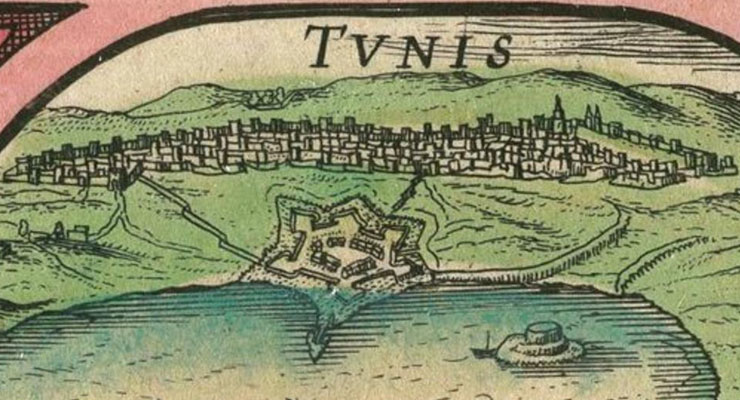 Tunisians are very keen on protecting their democracy. Their success following the spring of 2011 when they rose to ask Ben Ali to leave power now hangs on a balance. There are serious threats to the freedom of association in the country. This statement is published by the International Federation for Human Rights. Here is an excerpt:
Tunisians are very keen on protecting their democracy. Their success following the spring of 2011 when they rose to ask Ben Ali to leave power now hangs on a balance. There are serious threats to the freedom of association in the country. This statement is published by the International Federation for Human Rights. Here is an excerpt:
The draft amendment of Decree-Law No. 2011-88 of 24 September 2011, on the organisation of associations, which has recently been leaked, appears to demonstrate a desire by the Tunisian authorities to provide themselves with legal tools to control and foreseeably muzzle civil society, especially since it arises in a climate of increased attacks against human rights defenders in the country and of complete lack of dialogue between the authorities in place and civil society actors.
In the first place, the draft undermines freedom of association by making the creation of an association subject to the intervention of the authorities. Whereas, in current legislation, an association is legally incorporated as from the submission of the declaration of incorporation to the general secretariat of the government, in the draft decree-law (article 12) this legal existence will be subject to publication of the announcement of creation in the Official Gazette of the Tunisian Republic (JORT). In practice, several associations have already experienced a serious delay in this publication well beyond the legal time limits which, henceforth, will have the effect of preventing the very existence of the association. Moreover, to publish the announcement of creation of their association in the JORT, the founders will be required to provide a copy of the bylaws signed by the authorities whereas, at present, it is sufficient for them to submit proof of receipt of the application for creation.
Furthermore, article 10 of the decree-law gives the authorities power to refuse the incorporation of an association. Until now, it has been easy to incorporate any association and it is up to the authorities to take legal action should they deem, for example, that the mandate of the association is incompatible with the prohibition of incitement to hatred or discrimination and other principles listed in articles 3 and 4 of the current legislation. This power to refuse incorporation, which was already provided for international associations wishing to set up in Tunisia, would be extended to national associations. Although the refusal could be challenged before the administrative court, the excessive delays in the issuing of rulings even for urgent proceedings (at least three months for a judgment suspending execution) may hinder the right of associations that are victims of abuse to gain access to justice.
Read the full story through this link.
Leave a Reply